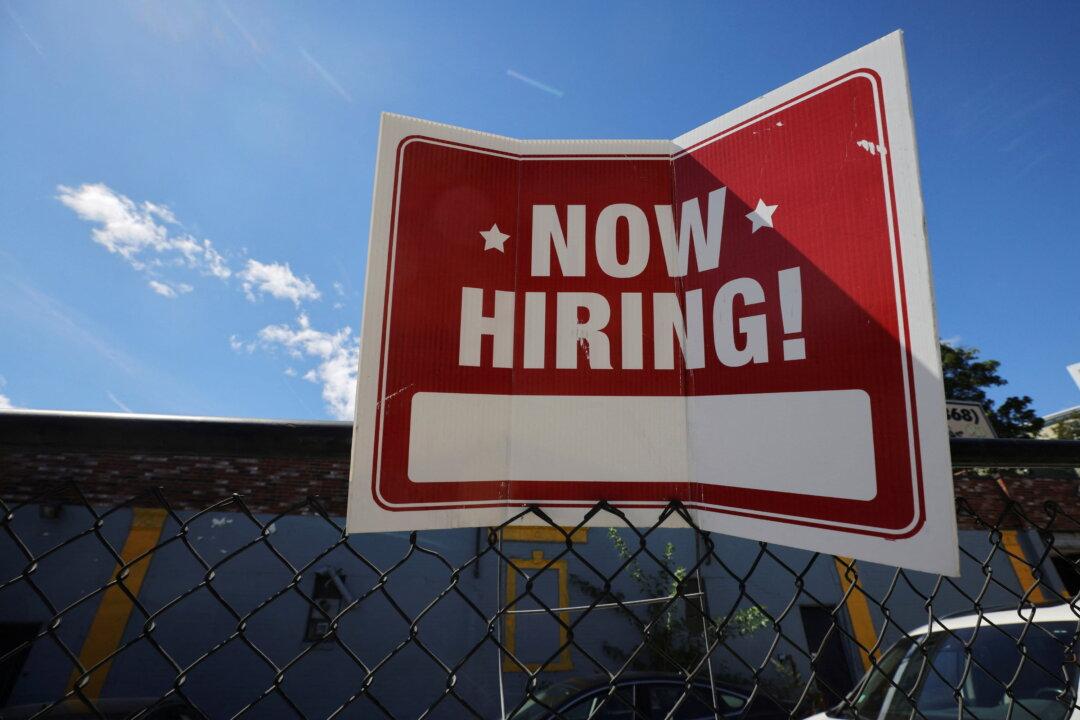U.S. firms reported economic activity was unchanged in July through late August, with further softening expected over the next year even as they saw some tentative greenshoots in the ongoing battle against labor shortages and price pressures, a Federal Reserve report showed on Wednesday.
The U.S. central bank released its latest summary of feedback from business contacts nationwide as it mulls whether to proceed with a third straight 75-basis-point interest rate hike at its Sept. 20–21 policy meeting or go with a still larger-than-usual 50-basis-point rise in its bid to quash high inflation.





